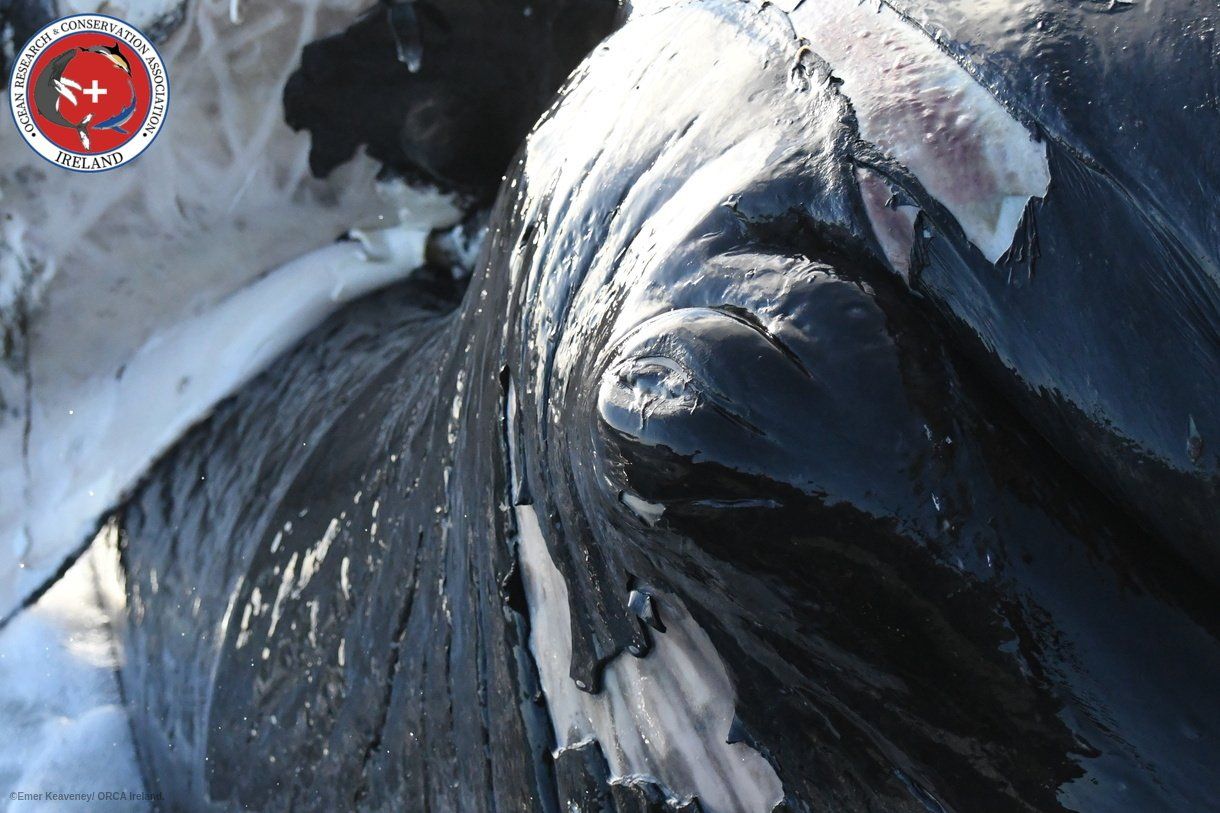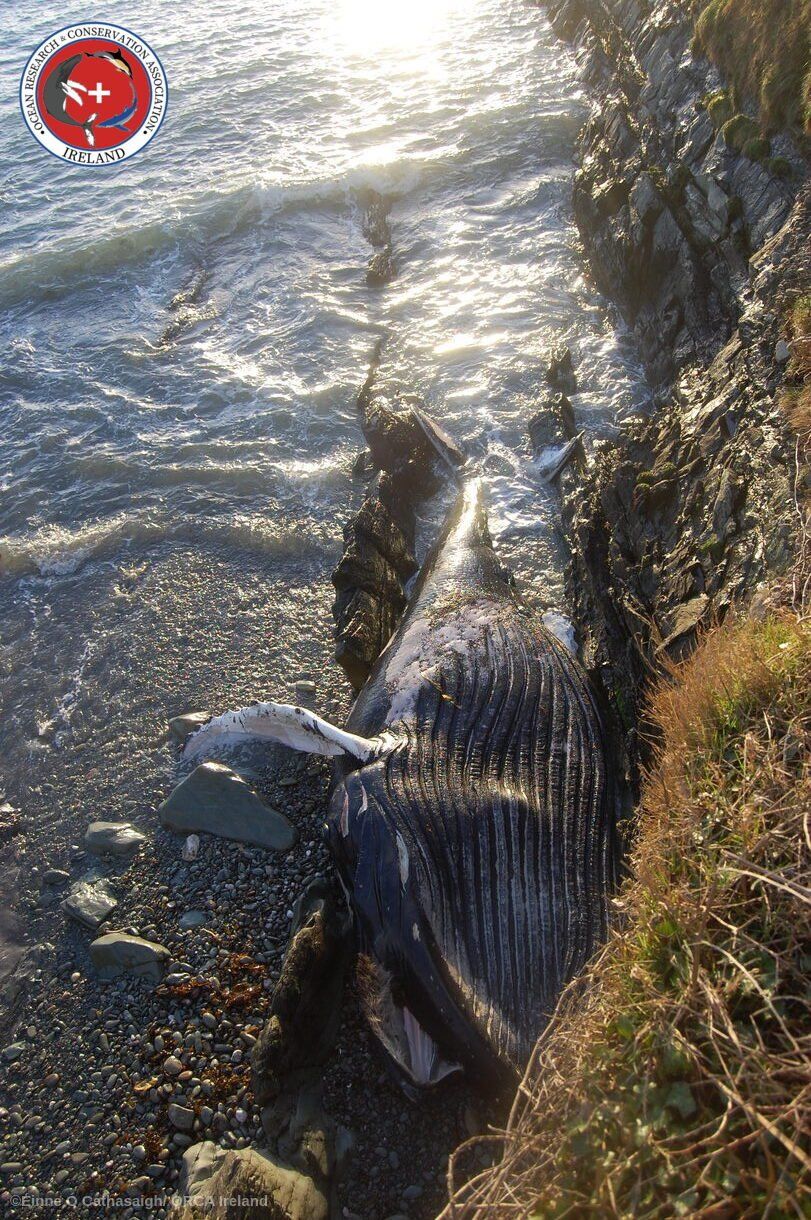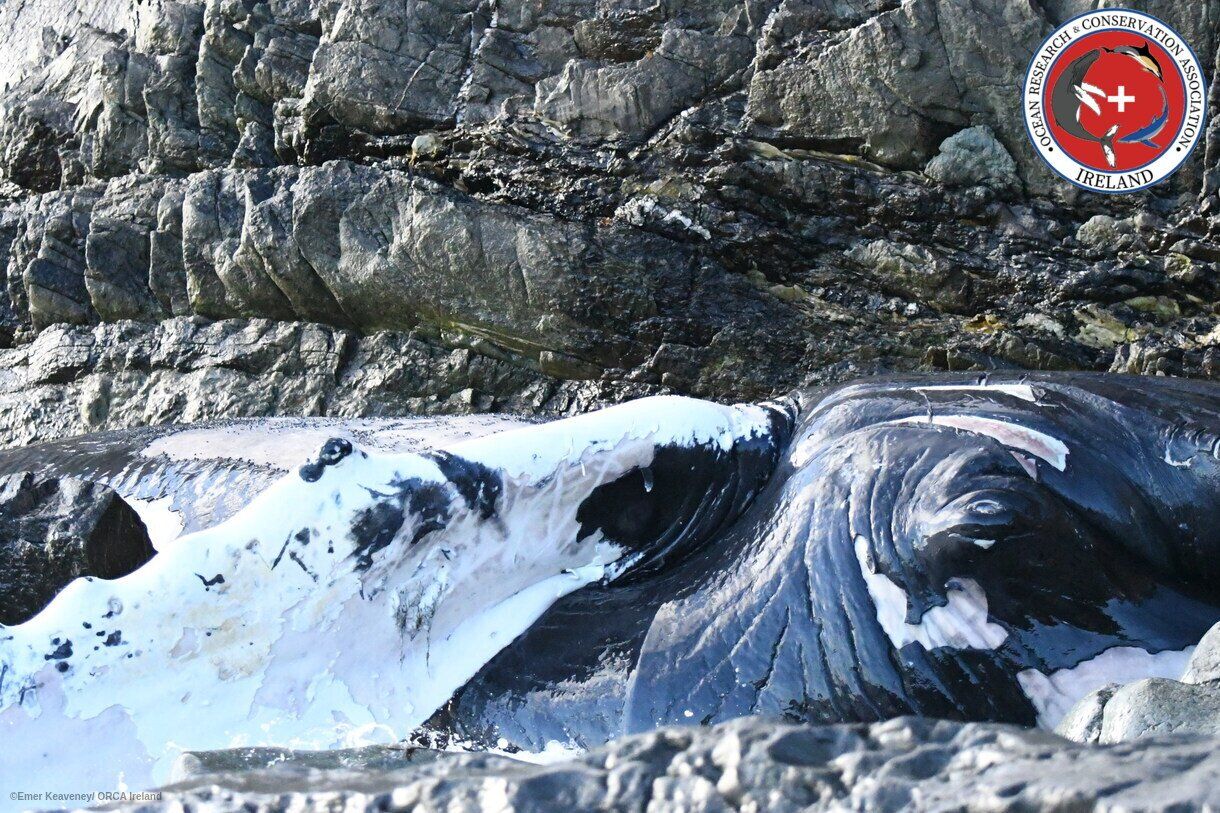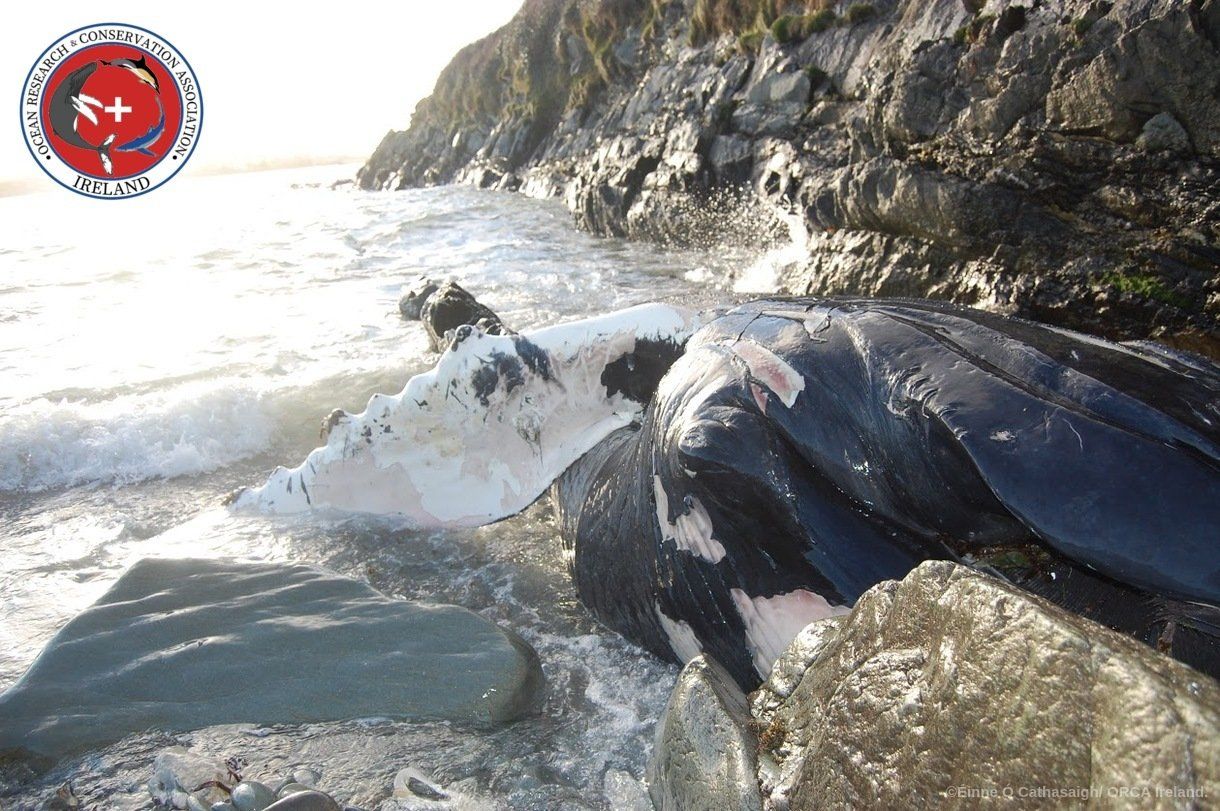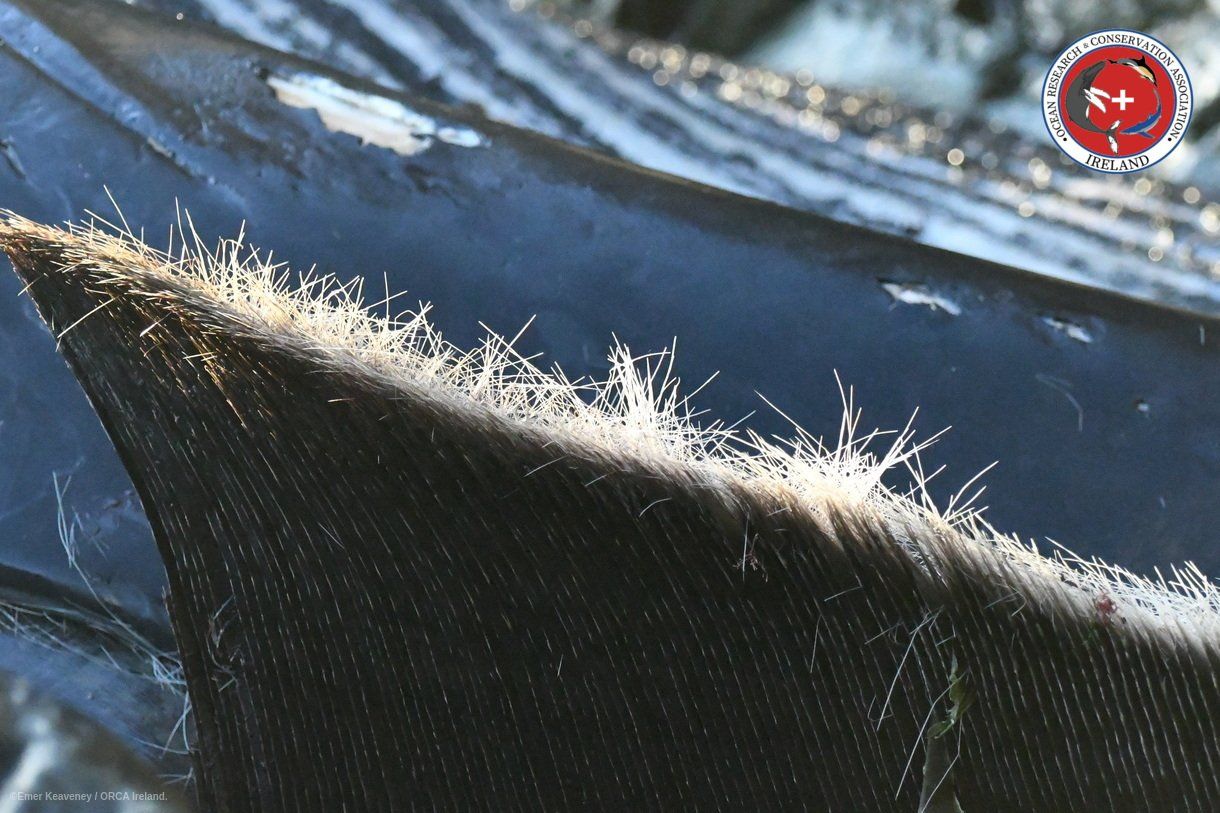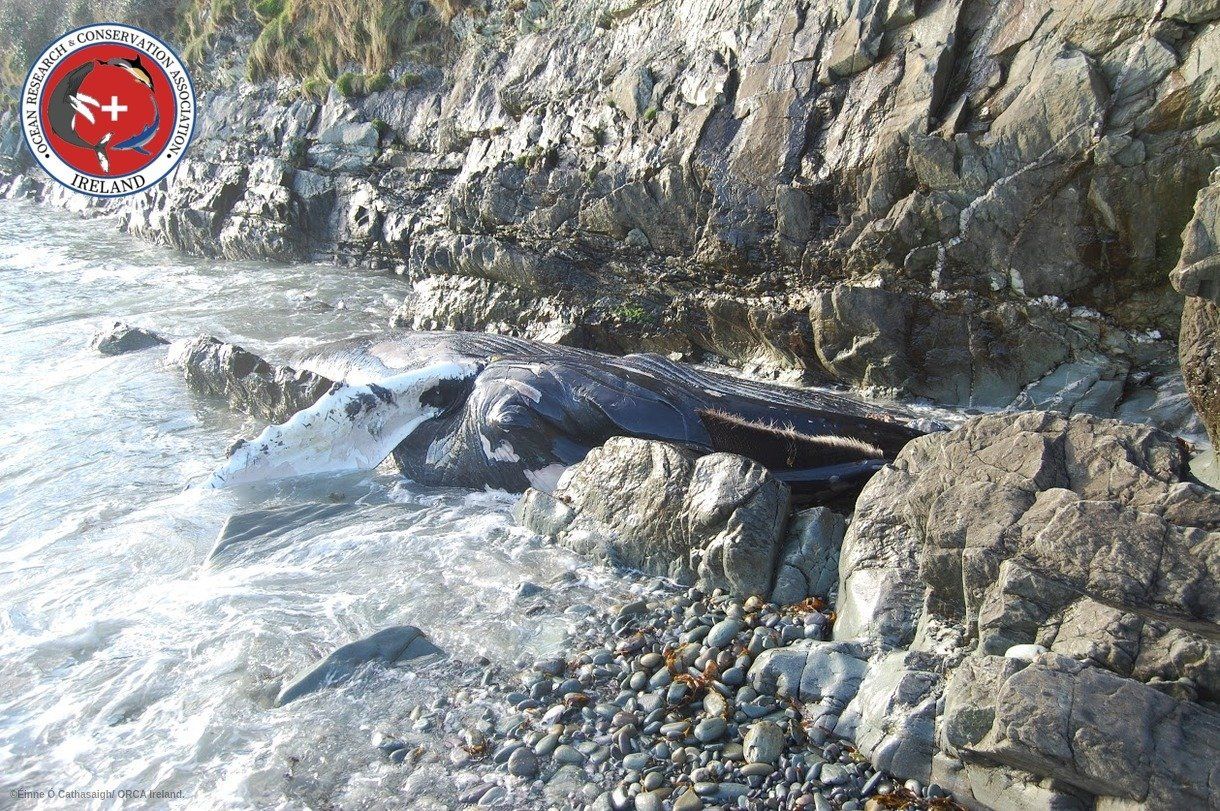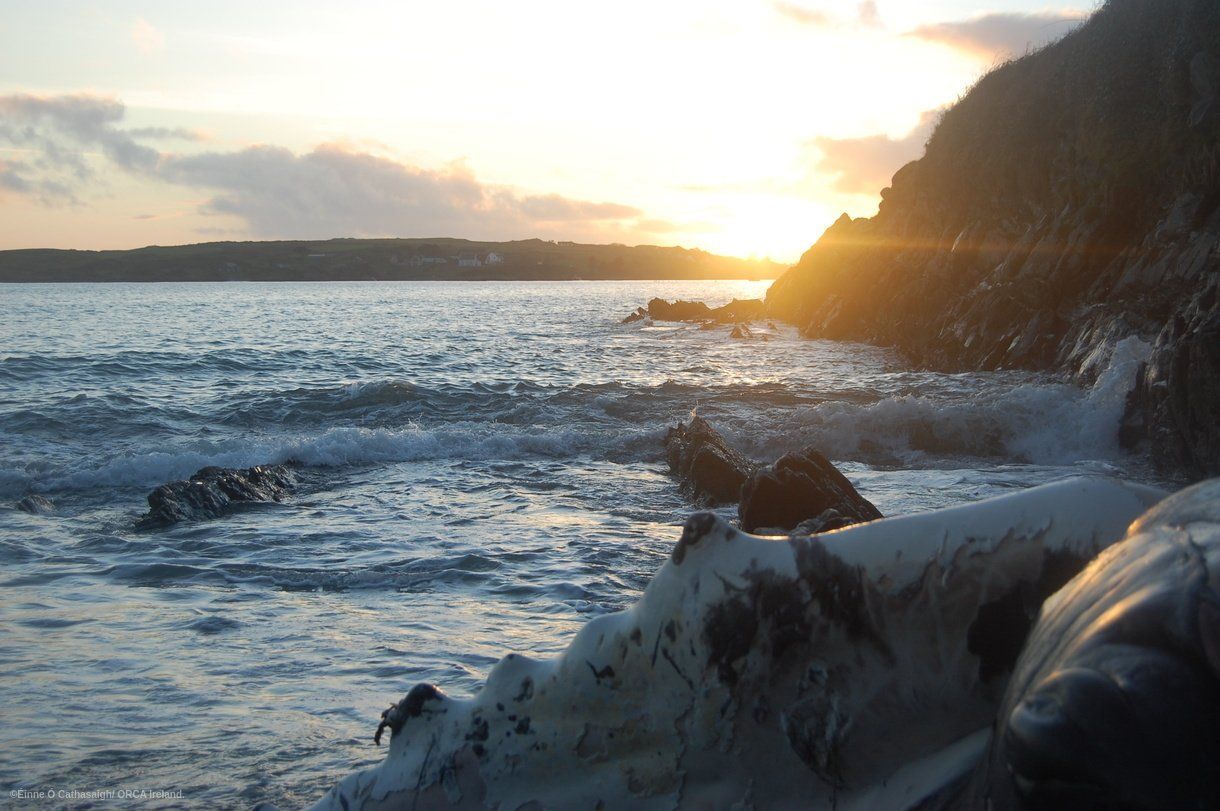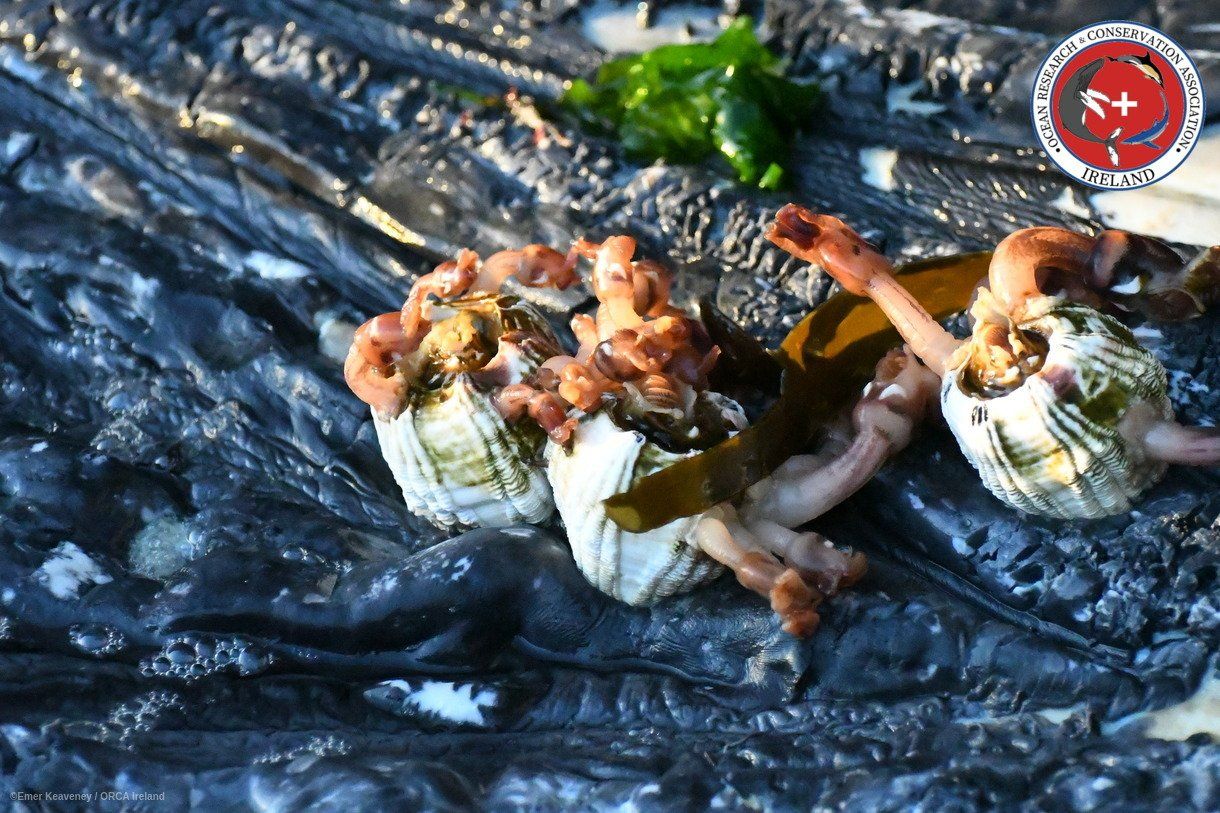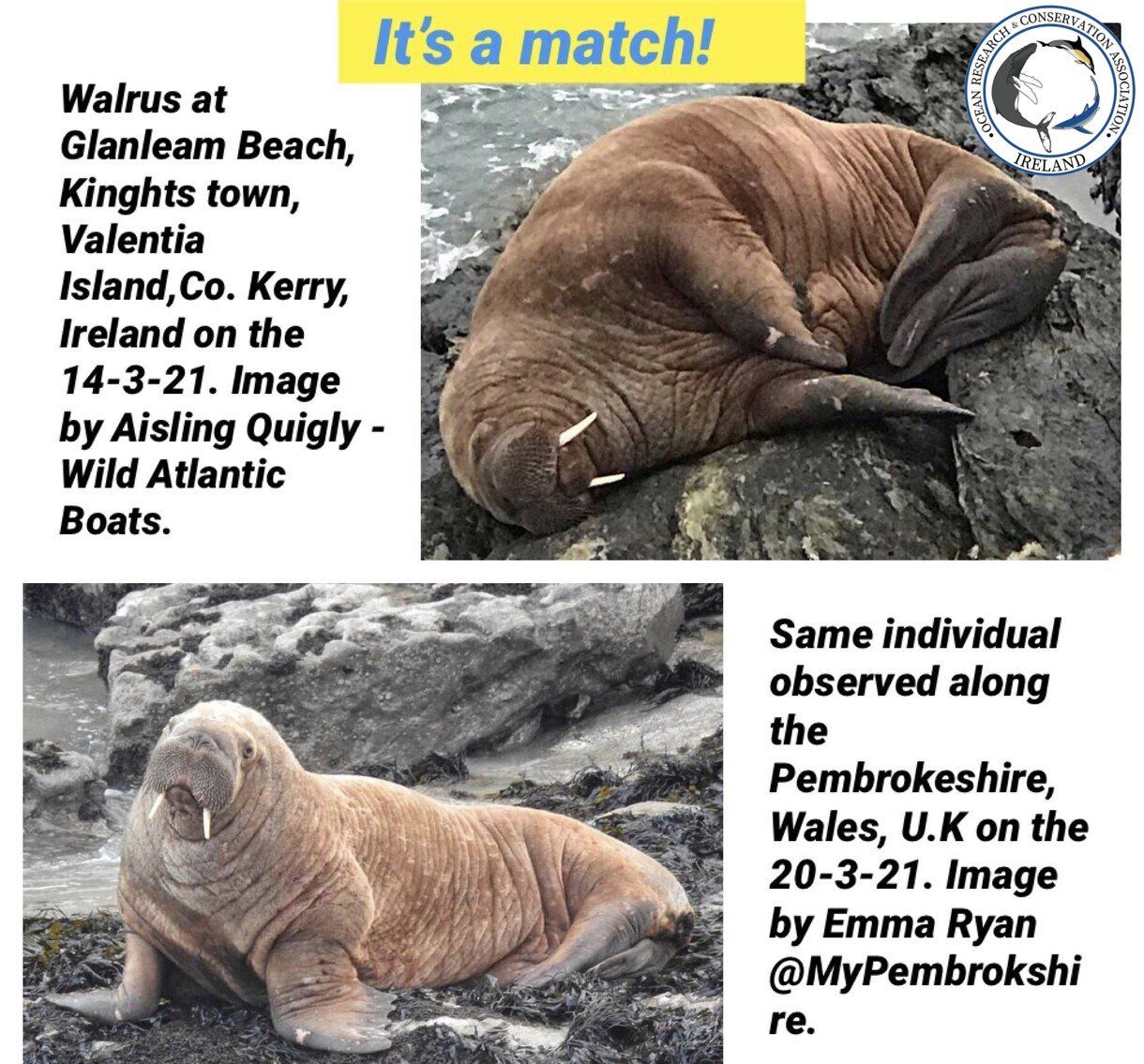CITIZEN SCIENCE | OBSERVERS APP
LATEST RECORDS:
List of Services
- OBSERVATIONS
List Item 1
- Two humpback whales (Megaptera novaengliae) sighted off West Cork in 13th of June 2021. Seen lob-tailing, closely approaching the vessel and feeding among common dolphins and minke whales by photographer Reet.
- STRANDINGS & BYCATCH
List Item 2
- WARNING GRAPHIC IMAGES! Dead stranded common dolphin (Delphinus delphis) recorded at Garretstown Beach, Co. Cork on the 7th of July 2021. Thanks to Rory for the report to the OBSERVERS APP.
- ENTANGLEMENTS
List Item 3
- Bottlenose dolphin (Tursiops truncatus) found with entangled in gill net at Coumeenoole Beach, Dingle Peninsula, Co. Kerry on the 28th of September 2020. Thank you to Fiona for the report.
- SHARKS
List Item 4
- Blue shark (Prionace glauca) June 2021 caught & released 25 nm off the south coast of Ireland. Thanks to David for logging the record.
- SEABIRDS
- Pomarine Skua (Stercorarius pomarinus) observed 25nm off the south coast of Ireland in early June 2021. Thanks Emer for the record.
- TUNA
- Atlantic bluefin tuna (Thynnus thunnus) off the south coast of Ireland as part of the Marine Institutes Tuna Chart Programme October 2020.
MAPPING MARINE MEGAFAUNA
MAP Viewer:
Thanks to all of the citizen scientists who help us to monitor marine wildlife washed ashore through the Observers App we can determine spatial and temporal trends in stranding frequency and distribution. Often, strandings represent a proportion of at sea mortality of a given species population and may help to determine their at sea-distribution.
To view individual records, click on the icons.
Alarming Records | 2021
Alarming Records | 2020
On the 15th of May 2020, two Killer whales (Orcinus orca) were observed in Strangford Lough, Co. Down off the north coast of Ireland with multiple reports coming through the OBSERVERS App from local citizen scientists.
The orca's were identified as bull male "John
Coe" and female "Aquarius", known from the Scottish West Coast Community of Killer whales. These two killer whales are observed of the Irish coast almost every year, but not usually so far up-stream.
Unfortunately many recreational boats were filmed harassing the whales as they left Strangford Lough, highlighting the need for more awareness around the impacts of stress from disturbance and need for more training on ORCA Ireland's SeaSafe Whale Watching Best Practices.
On the 1st of January 2020 a male hooded seal (Cystophora cristata) was observed ashore at Tooremore, West Cork. This Arctic species generally ranges from Svalbard, Norway in the east to the Gulf of St. Lawrence, North America in the west. In the subsequent days the seal unfortunately died. An ORCA Marine Mammal Stranding Responder subsequently examined and sampled the hooded seal and moved the carcass to Prof. Emer Rogan's lab at the School of Biological, Earth and Environmental Sciences, University College Cork (UCC) for further examination. Post-mortem results are pending due to COVID-19 Level 5 lockdown restrictions which have prohibited further investigations for now.
Thank you to all who assisted with this carcass recovery, including Helen Tilson of Schull Sea Safari, Seal Rescue Ireland, and those that helped transporting the seal's carcass to the lab, Billy from Mizen Link, the builder Paddy Murphy, the ferry man Maurice Coughlan and two local fishermen Joe Whooley and Damien Cogan.

